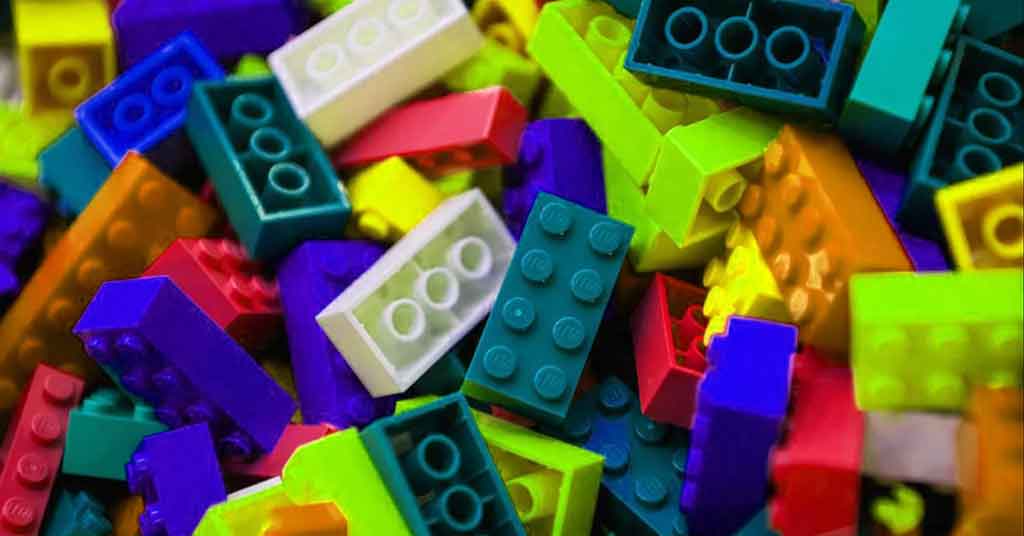Welcome To ChemAnalyst

Lego's high-profile sustainability initiative, aimed at replacing oil-based plastics with an eco-friendlier alternative, has been abandoned due to concerns over higher carbon emissions associated with the proposed material's production, the company has announced.
The abandoned prototype brick was crafted from recycled polyethylene terephthalate (rPET), sourced from recycled plastic bottles. This initiative, announced in 2021, had the ambitious goal of replacing the current oil-based acrylonitrile butadiene styrene (ABS) material used in Lego bricks. ABS, as it stands, requires approximately 2 kilograms of petroleum to produce 1 kilogram of plastic.
However, Lego has now disclosed that substituting ABS with rPET would have led to greater carbon emissions throughout the product's lifecycle, primarily due to the need for new equipment for its production.
Niels Christiansen, the CEO of Lego, expressed that in the initial stages, there was a perception that finding a "magic material" or a new alternative would be a more straightforward task. However, he acknowledged that despite conducting thorough testing involving "hundreds and hundreds of materials," this optimism turned out to be unfounded.
ABS is critical to Lego's bricks, allowing them to adhere together and come apart while retaining their form. Even though the company aims to eliminate petroleum-based plastics from its sets by 2030, discovering a sustainable alternative has posed formidable hurdles. In 2018, Lego did transition from oil-based polyethylene to a plant-based plastic in about 20 pieces; however, this change has not been implemented across the majority of its playsets.
Tim Brooks, Lego's VP of sustainability, aptly compared the challenges they faced, saying, "It's like trying to make a bike out of wood rather than steel." He explained that in order to scale up the production of recycled PET, such extensive changes would be required in their manufacturing facilities that, despite all the efforts, the resulting carbon footprint would have been even higher. He described the outcome as "disappointing."
Despite the setback with recycled ABS, Lego continues to pursue sustainability efforts in other areas. The company is committed to eliminating single-use plastic from its packaging by 2025 and has already started transitioning to recyclable paper containers.
Additionally, Lego plans to significantly increase its annual expenditure on sustainability to approximately $430 million by 2025. Their goal is to create a new, sustainable alternative employing recycled and bio-based materials. Niels Christiansen emphasized that this journey toward sustainability is not an abrupt shift from 0% to 100%, but rather a gradual transition.
Lego has been actively filing patents related to sustainability and environmental concerns, reflecting its ongoing commitment to innovation in this field. While the path towards sustainability may have encountered challenges, Lego remains dedicated to its mission of reducing its environmental footprint and creating a more sustainable future.
We use cookies to deliver the best possible experience on our website. To learn more, visit our Privacy Policy. By continuing to use this site or by closing this box, you consent to our use of cookies. More info.
